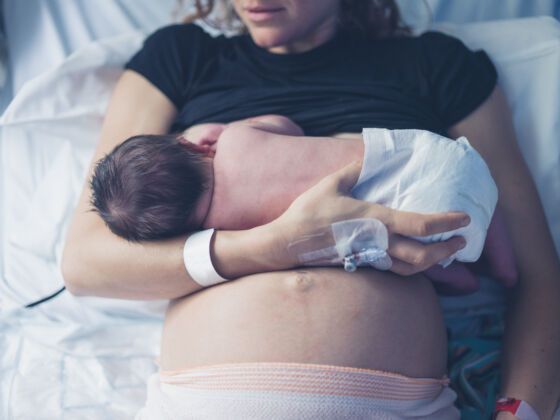Mariam Navaid Ottimofiore, Singapore, And Then We Moved To
“I was a Pakistani expat who gave birth to my first child in Singapore. Being rather unfamiliar with Chinese customs and traditions surrounding birth, I soon realized that superstition and timing play a big part. A child born on an auspicious day will be forever blessed. I still didn’t realize the extent of this belief until I was rushed into labor on the 5th of May in 2012. A stop and start labor meant that until the morning of the 7th, there was still no baby. Both of my Chinese midwives told me to ‘just hold on one more day lah! See if you can make it till the 8th!’ You can imagine the dirty look I gave them. The number 8 is considered extremely lucky and auspicious. According to Chinese horoscope, it was the Year of the Dragon, a really coveted sign, and to have a child born on the 8th day of the month and be a ‘dragon baby’ as they are called in Singapore, would be the local cultural equivalent of winning the lottery. My baby of course had other plans. She was born in the afternoon of the 7th much to my relief. For the next two years in Singapore, though, each time a local would ask for my daughter’s birth date, they would grimace and say, ‘oh, so close, so close!’”
